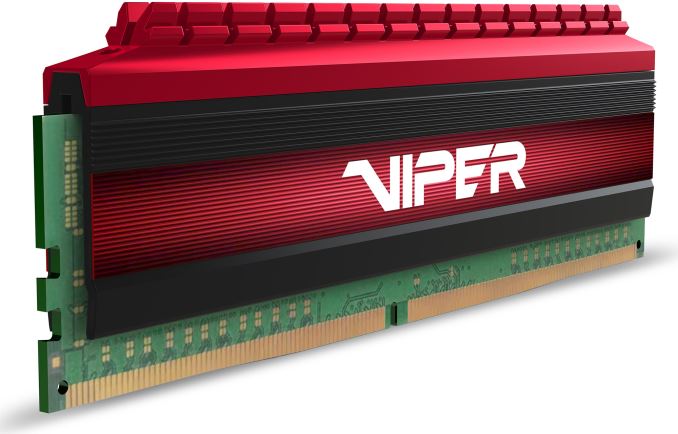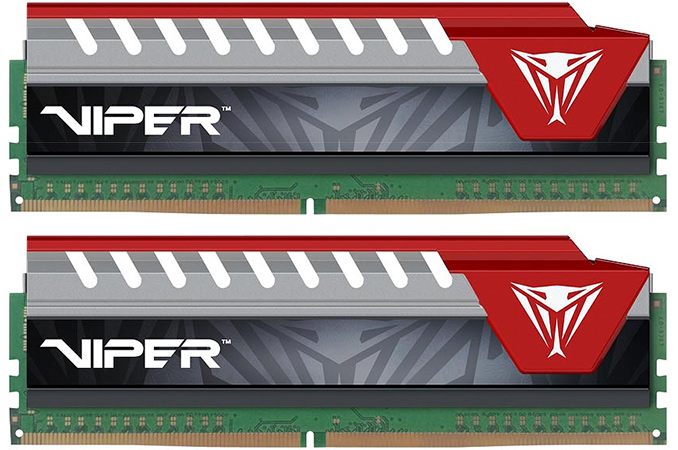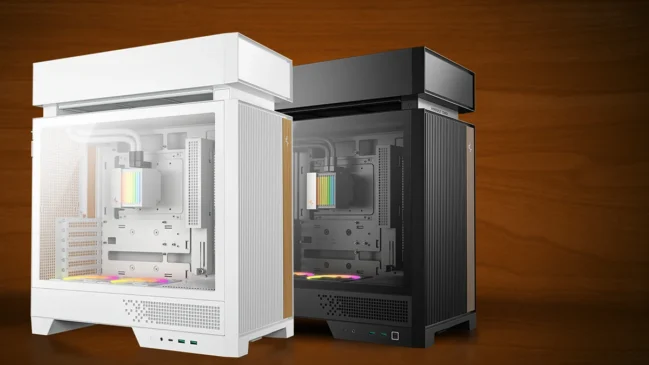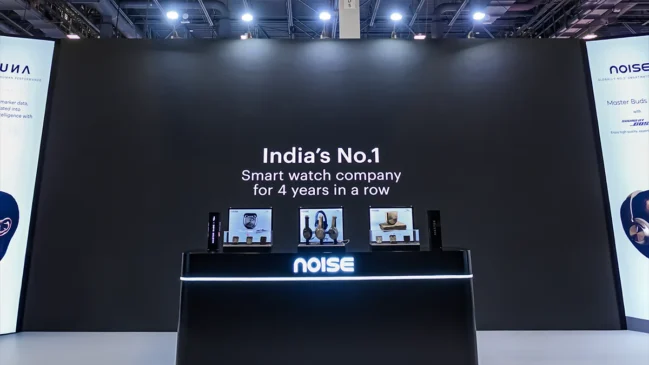
This week, Patriot revealed two new DDR4 kits. They will run at DDR4-3733. The dual-channel kits have been made for Intel’s newest platforms and belong to Patriot’s Viper Elite and Viper 4 Series of memory kits. The new DDR4-3733 memory modules will be the fastest in Patriot’s lineup.

Patriot’s new Viper Elite and Viper 4 dual-channel memory kits will run at 3733 MT/s with CL17 19-19-39 timings at 1.35 V. The sets has two 8 GB modules, which use the latest 8 Gb memory ICs or integrated circuits from an undisclosed manufacturer. The new modules are made for Intel’s 100-series platforms and is equipped with XMP 2.0 profiles. This makes it easier for end-users to run them at their rated specs with the appropriate voltage and timings.
Specifications of Patriot’s DDR4-3733 Kits

The Viper Elite and the Viper 4 modules differ in appearance. Usually, Patriot positions its Viper Elite products below the Viper 4, and aims them at modders. These modules come with heatsinks of three different colors of grey, blue and red. The Viper 4 family however, focuses on the faster segments and features extruded aluminum heatsinks in the color of red. Nonetheless, in this particular case both the Viper Elite DDR4-3733 devices also come only with silver and red heatsinks. Therefore, the difference between two types of DDR4-3733 solutions from Patriot lies only in appearance and design.
Patriot’s Viper 4 and Viper Elite 16 GB (2 x 8GB) DDR4-3733 dual-channel memory kits will be purchasable in online stores at the price of $159.99.

DDR4 sticks rated to run above 3400 MT/s speeds are manufactured by only a few module makers. This is because sufficient binning is required to produce them, as well as enough sales to compensate it. It gets rather tiresome to individually pick the necessary amount of such ICs to build appropriate products. The fact that Patriot rolled out two DDR4-3733 kits shows that the company is willing to fight for very high-end systems featuring fast memory. This also shows their ability to mass-produce DDR4 chips to run at higher frequencies.
Source: Anandtech





